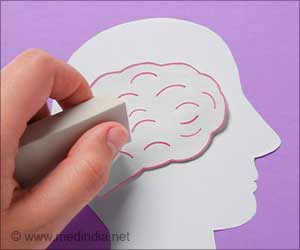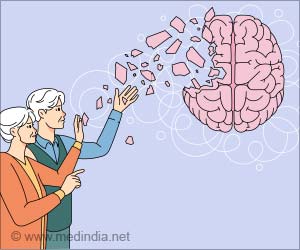How does sleep improve memory power? Memory storage that takes place during sleep through the strengthening of brain function forms our memories.
- Sleep contributes to memory power because memories are replayed during sleep
- Understanding this aspect can help with normal learning and treat memory disorders
- Now, looking deep into brain function again proves the link between memory and sleep
Does the Brain Store Memories While Sleeping?
While prior studies have used EEG recordings captured by electrodes on the head to measure memory processing during sleep, this is the first study to record such electrical activity from inside the brain (1✔ ✔Trusted SourceAbout Sleep's Role in Memory
Go to source).
The study found participants significantly improved their performance in a recall test the next morning. The mapped brain activity allowed the researchers to take a big step forward in understanding how memory storage works by providing visual data identifying the areas of the brain engaged in the process of overnight memory storage.
Although the number of patients studied was necessarily small, strong conclusions were possible because all five patients showed the same patterns of memory improvement and electrical activity.
Sleep: A Secret Tool for Memory Power
One night, while each patient slept in a hospital room, the team recorded electrophysiological responses to 10-20 sounds that were repeatedly presented. All the sounds were played very quietly to avoid arousal.Half of the sounds were associated with objects and their precise spatial locations that patients learned before sleep using a laptop computer, such as the jingling sound of car keys, to help recall their location.
After sleep, they found systematic improvements in the spatial recall, replicating results from prior studies using EEG recordings from the scalp. Patients more accurately indicated the remembered locations on the laptop screen.
The presence of electrophysiological activity in the hippocampus and the adjacent medial temporal area of the cerebral cortex, when the sounds were presented during sleep, reflected the reactivation and strengthening of corresponding spatial memories (2✔ ✔Trusted Source
Electrophysiological markers of memory consolidation in the human brain when memories are reactivated during sleep
Go to source).
These sounds also allowed us to demonstrate that brain structures such as the hippocampus are responsive when memories are reactivated, helping us to retain the knowledge we gain when we’re awake.
At times, remembering and forgetting seem random. We can remember irrelevant details while forgetting what we most want to remember. The new answer to this long-standing mystery, highlighted by this research, is that memories are revisited when we sleep, even though we wake up not knowing it happened.
References:
- About Sleep’s Role in Memory - (https://www.ncbi.nlm.nih.gov/pmc/articles/PMC3768102/)
- Electrophysiological markers of memory consolidation in the human brain when memories are reactivated during sleep - (https://www.pnas.org/doi/10.1073/pnas.2123430119)
Source-Medindia
















